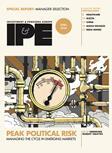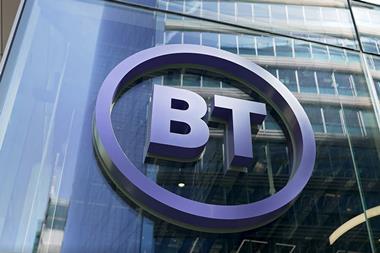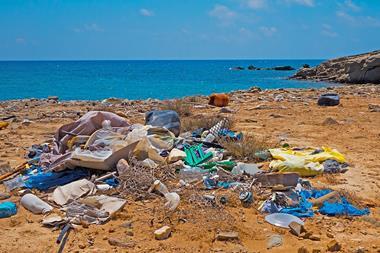Only 40% of the DAX-40 firms report on Scope 3 downstream emissions, according to Scope
The largest 40 German firms listed on the DAX index are failing to fully disclose the indirect impact of their activities on the environment, leaving fund managers to deal with a patchwork of data to report on greenhouse gas emissions (GHG), according to credit rating agency Scope.
An analysis conducted by the organisation focusing on Scope 3, or indirect GHG emissions, showed that only 40% of the DAX-listed firms report on Scope 3 downstream emissions, including the use of sold products. Around 60% report on Scope 3 upstream emissions including the acquisition of good and services.
Nearly 70% of DAX companies, instead, disclose Scope 3 downstream emissions only partially, meaning on at least one category, and close to 80% on upstream emissions partially.
The study showed that only around 50% of DAX-40 companies have laid out strategies on indirect emissions with an explicit quantitative target. The targets differ in size, covering between 10% and 40% of emissions, timing (2025-35), base year (2015-2018), and relevant business segments.
Companies are working to assess indirect emissions but plan to report them by 2023 with reduction targets, making at the moment reduction objectives often unavailable, the study said.
Among the DAX-40 constituents, Siemens, Airbus and Volkswagen were mentioned in the study as the most transparent in terms of reporting on Scope 3 downstream emissions, which are in the range between 400m and 500m tonnes of CO2-equivalents.
HeidelbergCement and RWE, given their business models, report a high level of Scope 1 or direct emissions. All the companies listed on the DAX disclose Scope 1 and Scope 2 emissions from electricity use, according to the study.
Fund managers will be required to implement a deeper level of ESG reporting from January next year to comply with the European Union’s Sustainable Finance Disclosures Regulation (SFDR).
The Regulatory Technical Standards (RTS) of the Disclosure Regulation were published in the Official Journal of the European Union on 25 July. The Delegated Regulation (EU) 2022/1288 came into force on 14 August and applies from 1 January, 2023.
The European Commission intends to require further transparency on the issue of sustainability in financial markets, and is calling on the European Supervisory Authorities (ESAs) to submit proposals to review the RTS, according to the German supervisory authority BaFin.
The ESAs will propose amendments to the RTS relating to the provisions of the Complementary Climate Delegated Act (CDA) for nuclear energy and gas activities by 30 September at the latest.
The authorities will revise the indicators for the most important adverse impacts (PAI) and the product-related disclosure requirements by April next year.

















No comments yet